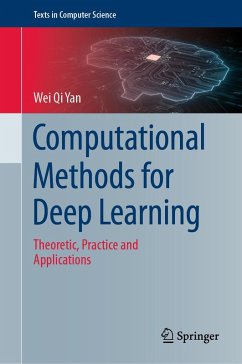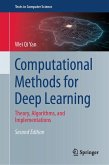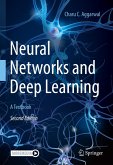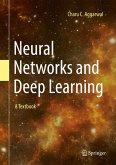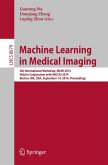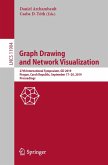Beginning with a grounding about artificial neural networks with neurons and the activation functions, the work then explains the mechanism of deep learning using advanced mathematics. In particular, it emphasizes how to use TensorFlow and the latest MATLAB deep-learning toolboxes for implementing deep learning algorithms.
As a prerequisite, readers should have a solid understanding especially of mathematical analysis, linear algebra, numerical analysis, optimizations, differential geometry, manifold, and information theory, as well as basic algebra, functional analysis, and graphical models. This computational knowledge will assist in comprehending the subject matter not only of this text/reference, but also in relevant deep learning journal articles and conference papers.
This textbook/guide is aimed at Computer Science research students and engineers, as well as scientists interested in deep learning for theoretic research and analysis. More generally, this book is also helpful for those researchers who are interested in machine intelligence, pattern analysis, natural language processing, and machine vision.
Dr. Wei Qi Yan is an Associate Professor in the Department of Computer Science at Auckland University of Technology, New Zealand. His other publications include the Springer title, Visual Cryptography for Image Processing and Security.
Dieser Download kann aus rechtlichen Gründen nur mit Rechnungsadresse in A, B, BG, CY, CZ, D, DK, EW, E, FIN, F, GR, HR, H, IRL, I, LT, L, LR, M, NL, PL, P, R, S, SLO, SK ausgeliefert werden.
Hinweis: Dieser Artikel kann nur an eine deutsche Lieferadresse ausgeliefert werden.

